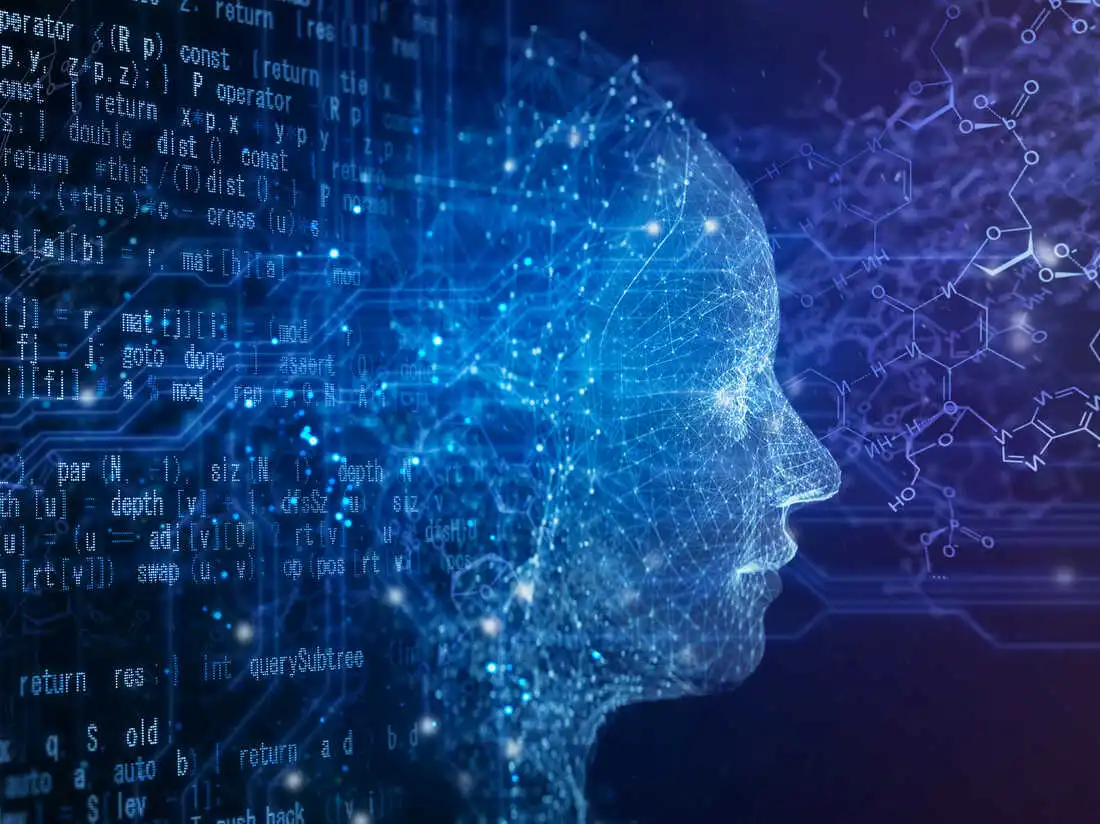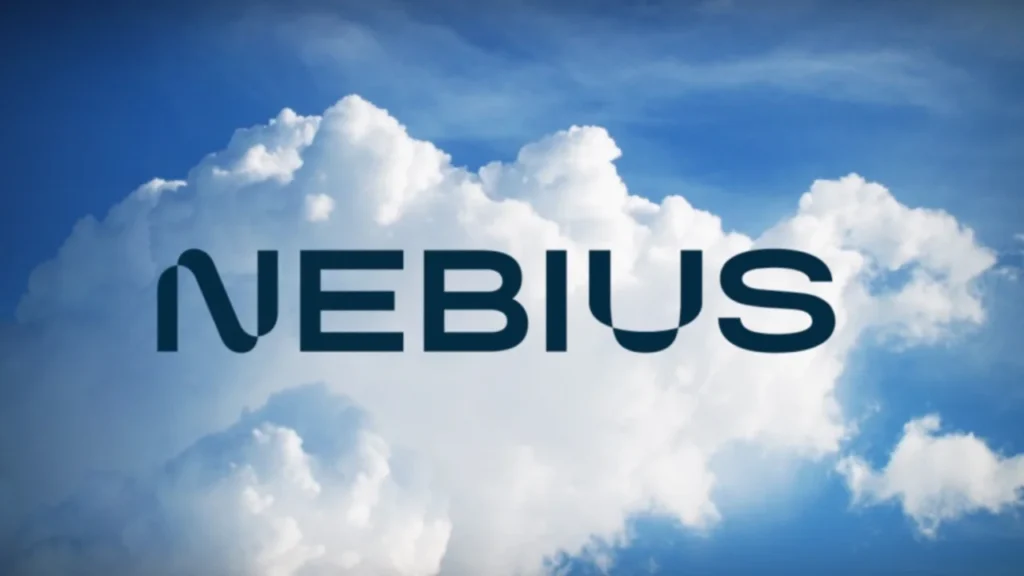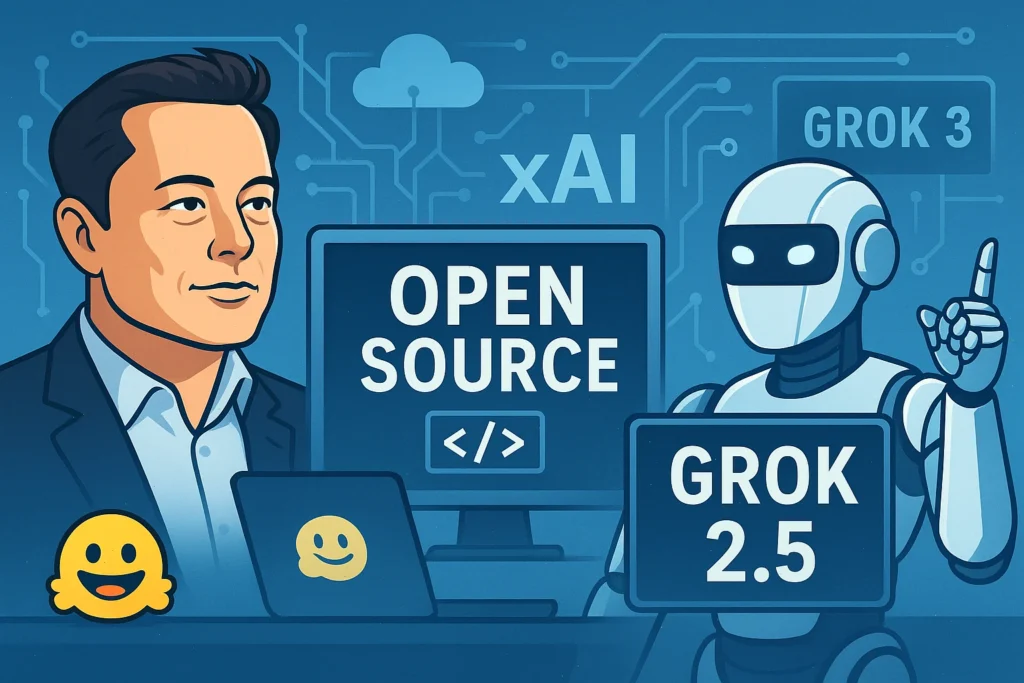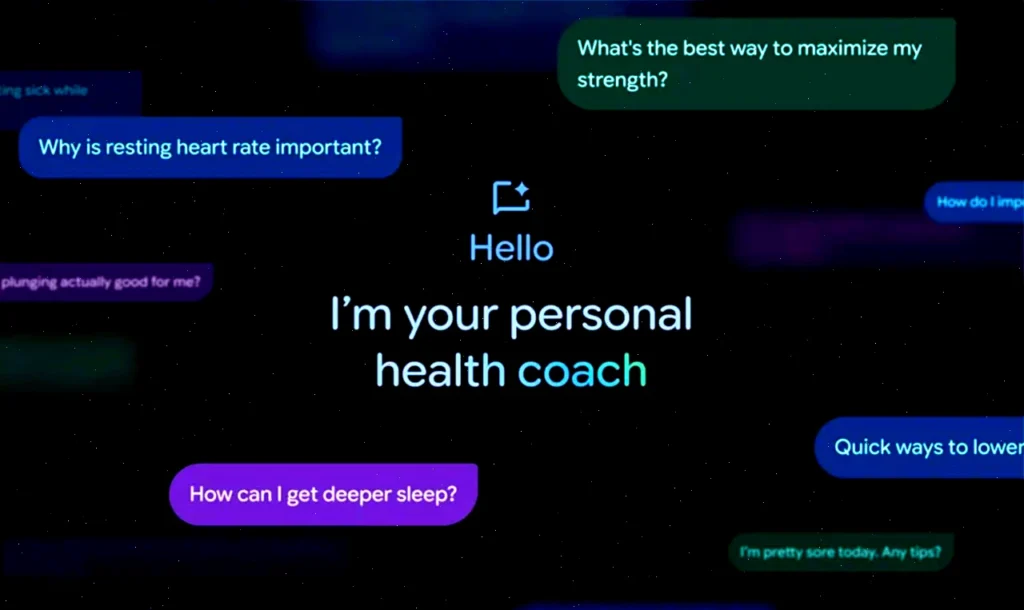Artificial Intelligence is becoming more integrated into daily life, but public opinion remains deeply divided. A recent Pew Research Center survey reveals that while AI experts are generally optimistic, most Americans are far more skeptical about its future impact.
Experts Are Hopeful, the Public Less So
According to the survey, 56% of AI professionals believe AI will have a positive effect on the United States over the next 20 years. In contrast, only 17% of the general public shares that view, while 35% expect a negative outcome. Among experts, only 15% predict negative consequences.
The gap in perception is linked to differing views on how AI will influence key areas such as employment, healthcare, and education. For instance, 73% of experts believe AI will improve the way people work, compared to just 23% of the general public.
AI Is Rapidly Entering Consumer Tech
The rise of generative models like ChatGPT and Google’s Gemini has pushed AI into the mainstream. Tech companies are racing to integrate AI into everyday applications and devices, though many consumers remain unimpressed by such features. Some remain hesitant about AI tools like those integrated into smartphones.
How the Survey Was Conducted
The findings are based on two separate surveys. The general public results come from over 5,000 randomly selected adults polled in August 2024. Expert responses were collected from 1,013 individuals whose work or research involves AI and who participated in AI-related conferences in 2023 and 2024.
Despite differences in optimism, both groups expressed concern over a lack of personal control and weak government oversight regarding AI development.
Job Market Fears Dominate
Both the public and experts doubt that AI will lead to job creation. Only 19% of experts foresee more jobs in the future, while 39% expect fewer. Among the general public, 64% expect job losses, and just 5% anticipate job growth.
Cashiers and journalists are among the roles seen as most at risk. Interestingly, few expect mental health professionals to be affected, despite the rise of therapy chatbots.
Drivers at Risk
A significant 61% of experts predict job losses for truck drivers, compared to only 33% of the general public. One expert even claimed that truck driving jobs could disappear entirely within 10 to 20 years.
Even for roles that persist, AI is likely to change the nature of work. A senior HR leader at IBM noted that companies will begin to value critical thinking and human-centric skills more than ever before.
Limited AI Adoption in Workplaces
Despite all the buzz, AI adoption in the workplace remains limited. A separate survey found that only one in six U.S. workers currently uses AI in their job, and most rarely or never use AI chatbots.
Concern Outweighs Excitement
When asked whether they felt more concerned or excited about AI’s growing role, the public and experts gave nearly opposite answers. Among the general public, 51% are more concerned. Among experts, 47% feel more excited.
Experts highlight automation of repetitive tasks and advancements in healthcare as reasons for hope. However, both groups share concerns about misinformation, impersonation (such as deepfakes), and misuse of personal data. Job displacement remains the top worry for the general public.



